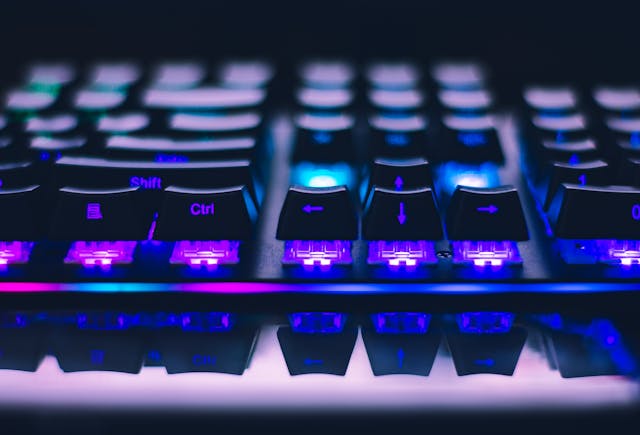An external hard drive can be one of the best extensions for your computer. After all, this is the place where you find the required space to store all your personal photos and videos or use it for professional use. External hard drives offer users a practical alternative for data storage. They can last for years, are portable, and are an inexpensive option compared to SSDs. It’s no surprise why the market offers a wide variety of options for users who prefer specific specifications as to the hard drive’s data capacity, size, and style.
While there is no specific figure of external HDDs’ life expectancy, they will still surely get damaged over time. Hard drives can easily crash, fail and die as they are made of moving components that are vulnerable to mechanical and physical failures. On average, a hard drive’s life expectancy is approximately 6 year. If the hard drive fails prior to it, sometimes it may be the fault of manufacturer. But apparently in most cases, it is due to our daily behaviors. As long as we keep proper maintenance of the drive and tabs on external threats, we can extend its life with ease.
1. Handle with Care:
As we know, the quickest and most prevalent way to end up with a failed hard drive is physical damage. When subjected to even the slightest disturbance, the moving parts in the hard drive can malfunction. Consequently, for desktop computer users, you should, on no occasion, remove the hard drive from the computer case by yourself once it has been installed. In addition, irrespective of you using a laptop or desktop computer, you should be cautious while handling the drive. For utmost precaution, keep it in a place away from the possibilities of physical damage.
2. Control Heat:
Keeping the physical damages aside, overheating is another issue that can cause hard drive failures. More often than not, increasing temperature can occur from insufficient ventilation, extreme weather, overheating environment and so on. All computer components, including the drive, come gifted with a precise range of optimum temperatures. Once the drive’s temperature exceeds the range, it is prone to damage. To protect the hard drive from rising temperatures, you can take actions from two facets. One is for assurance of sufficient ventilation for your computer. The other one is to frequently check and clear the dust build-up in the computer to keep fans working normally.
3. Don’t Unnecessarily Turn Off Your External Hard Drive:
Most people are under the impression that it harmless for the external drive to turn it off when not in use. But in reality, turning it on and off frequently can do more harm than good. Characteristically, an external hard drive will work in a spin down mode. When you turn your drive off and on, however, you’re demanding it to heat up and cool down. Doing so too recurrently puts strain on the drive, reducing its lifespan and data archiving proficiencies.
Taking good care of your hard drive can help in increasing the life span of your hard drive. But you never know when your hard drive might fail unexpectedly and losing data is one of the most frustrating experiences a business owner can have. From corrupted files to hard drive crashes, the inability to access significant documents on your computer or portable drive is both worrying and time-consuming. For recovering your data, reach out to data recovery experts for Adata Data Recovery.






